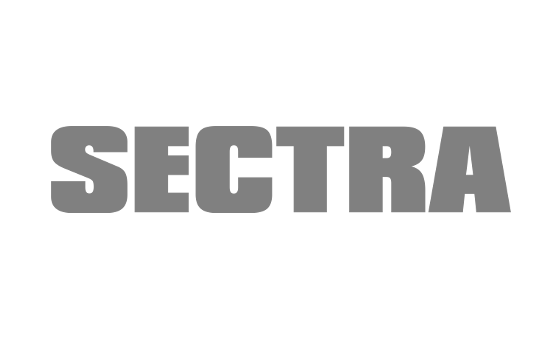 Radiologists and radiographers at Northern Care Alliance NHS Foundation Trust have become the first in Greater Manchester to use the Sectra picture archiving and communication system (PACS) to report on diagnostic imaging.
Radiologists and radiographers at Northern Care Alliance NHS Foundation Trust have become the first in Greater Manchester to use the Sectra picture archiving and communication system (PACS) to report on diagnostic imaging.
Deployed as part of an enterprise imaging agreement signed with Sectra in 2020, the PACS is already used by clinicians in NHS hospitals, who are part of the Greater Manchester Imaging Network across the region to view, analyse and interrogate millions of patient scans including x-rays, CT scans, ultrasounds and MRIs.
For the first time, and as part of the same agreement, it is now also being used to report on radiology examinations.
Reporters at Northern Care Alliance’s Bury, Rochdale and Oldham site are now able to use a single platform where they can both view and report on imaging, rather than previously having to navigate a separate system to complete important reports that inform patient care and diagnoses.
The trust's Salford site will soon follow before a phased go-live of PACS-based reporting takes place in all eight NHS trusts across Greater Manchester throughout 2024.
The development in the programme is expected to release significant time for busy professionals in the region's trusts, as they support care for a population of more than three million people.
Leighan Beesley, digital diagnostic systems lead for the Greater Manchester Imaging Network, said: "Providing our reporters with one reliable platform on which they can both view images and report is key in sustaining effective diagnostic services for patients. This will create efficiencies that could free-up as much as 10% of the time spent on many reports, and that will help us to enhance turnaround times for a vital part of the diagnostic process.
"As PACS-based reporting spreads across Greater Manchester, this will also help us to make best use of specialist diagnostic expertise in the region through cross-site reporting. If one trust has a long waiting list for a particular exam, the technology will be there to allow others to step in. This is about breaking down traditional trust boundaries with a system our staff already trust, as well as improving equitable access to expertise for all our patients, regardless of where they live in the region."
A full range of benefits are expected as more trusts move to PACS-based reporting. A common reporting platform opens the potential for new ways of working that could reduce reliance on third party outsourced reporting, which is often used by the NHS to manage excess demand.
Structured reporting templates will help to ensure uniform reports in complex areas including MR prostate and CT colonoscopy scans. This will help to reduce reporting variation and will also make it easier for referring clinicians to evaluate reports, whilst creating the potential for new research opportunities from standardised data.
Integrated communication tools for critical alerts are also expected to allow reporters to flag a report as significant or requiring urgent attention. When this functionality is enabled in later stages of the project, it will trigger messages to referrers and specialists such as cancer teams.
AI tools are, in addition, expected to create further efficiencies, whilst links to images from the report are expected to improve the running of multi-disciplinary team meetings.
Jane Rendall, UK and Ireland managing director for Sectra, said: "Greater Manchester has become an exemplar for the world in how it is using technology to enhance the diagnostic process for patients. It is extremely rewarding to see the feedback on how our technology is already helping to inform important decisions about patient care. This latest stage in the region’s mission to make the most of its specialists for all patients in the region shows further commitment to supporting better care at a time when demand is high."
About Sectra
With more than 30 years of innovation and approaching 2,000 installations worldwide, Sectra is a leading global provider of imaging IT solutions that support healthcare in achieving patient-centric care. Sectra offers an enterprise imaging solution that provides a unified strategy for all imaging needs while lowering operational costs. The scalable and modular solution, with a VNA at its core, allows healthcare providers to grow from ology to ology and from enterprise to enterprise. Visit Sectra's website to read more about Sectra and why it’s top-ranked in 'Best in KLAS'.